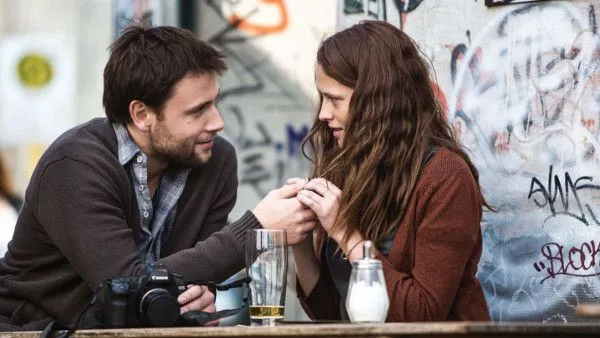The gender imbalance in the film industry is a global phenomenon, so periodically we like to shine our spotlight specifically on female directors. This week, we're turning our attention to Australia, where according to the latest statistics, of 'active fiction feature filmmakers' between 2013 and 2018, just 17 per cent had a female director, although they fared slightly better in documentaries, where they represented 38 per cent of the total figure. Indigenous representation was also poor, with just 14 fiction features between 2000 and 2019 having indigenous directors (again documentaries offer a better spread, with 163 features in the period) - and though the gender breakdown of that is not, so far as I can tell, available, it is likely that women indigenous directors fare worst of all in terms of numbers. Some more recent films, including Strange Colours and Cactus are not available to stream, which is a shame, but here's a some of the best that are.
Berlin Syndrome, Amazon
Cate Shortland made her way up through the ranks via short films and Network TV before making her assured feature debut with Somersault in 2004, which won a raft of Australian Film Institute awards. She's likely to be more of a household name after the release of Scarlett Johansson blockbuster Black Widow this summer, so now is a great time to catch up with her back catalogue. She proves to be a fine manipulator of mood with this tense thriller that sees a holiday romance turn sour, as Aussie tourist Clare (Teresa Palmer) discovers Andi (Max Riemelt), the sweet guy she just met, is, in fact, a dangerous obsessive, who soon has her held captive in his apartment. By keeping the viewpoint firmly with Clare, Shortland avoids the sort of two-bit voyeurism that often comes with this sort of set-up and adds to the ambiguity as the tension mounts.
Kanyini, Amazon
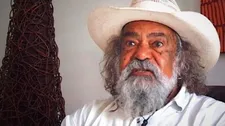 |
| Kanyini |
Melanie Hogan's documentary puts Bob Randall - an elder of the Yankunytjatjara Aborigine tribe - front and centre. One of the "stolen generations" (for more on which you could do a lot worse than watch Rabbit-Proof Fence), he recounts what happened to him in his childhood and sets it in a historical framework of racism against the indigenous populace. The Kanyini of the title refers to the connectedness of “a belief system, spirituality, land and family” - something that Randall hopes to restore. This is an eloquent history lesson and a heartfelt plea to future generations that is fiercely hopeful in its sweep. The director is, according to her website, currently working on another documentary with the communities of Kimberley - well worth looking out for.
52 Tuesdays, Amazon Prime, BFI Player
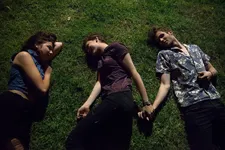 |
| 52 Tuesdays Photo: Visit Films |
Jennie Kermode writes: James (played by non-binary actor Del Herbert-Jane) has recently decided to transition. it's a lot to cope with, so he asks daughter Billie (Tilda Cobham-Hervey) to move in with her father for a while. They meet on Tuesdays to get time just for them, hence the title. Playing out over the course of a year. Sophie Hyde's multi-layered film witnesses a real life physical transformation as James masculinises, and also takes in Billie's complicated path to becoming a woman, which involves a lot of experimentation with both art and sexuality. It's brave in its approach to teenage issues and astute in its recognition of the complexities of shifting identity. it's also, often, very funny, a celebration of the messiness and misunderstandings which bring people together.
The Nightingale, Netflix
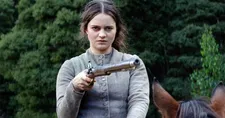 |
| The Nightingale Photo: IFC Films |
Blessed, iTunes
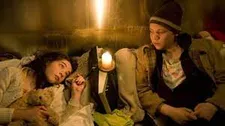 |
| Blessed |
The Assistant, Amazon
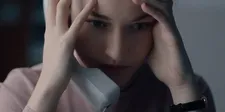 |
| The Assistant Photo: Courtesy of Sundance Institute |
Babyteeth, Netflix, Amazon
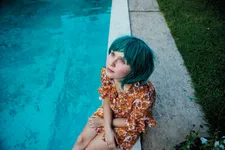 |
| Babyteeth Photo: Lisa Tomasetti |
Our short choice this week is Two Bob Mermaid, Darlene Johnson's debut short and the first Australian indigenous film to play at Venice Film Festival.
TWO_BOB_MERMAID_01_Title_01 from Darlene Johnson on Vimeo.











